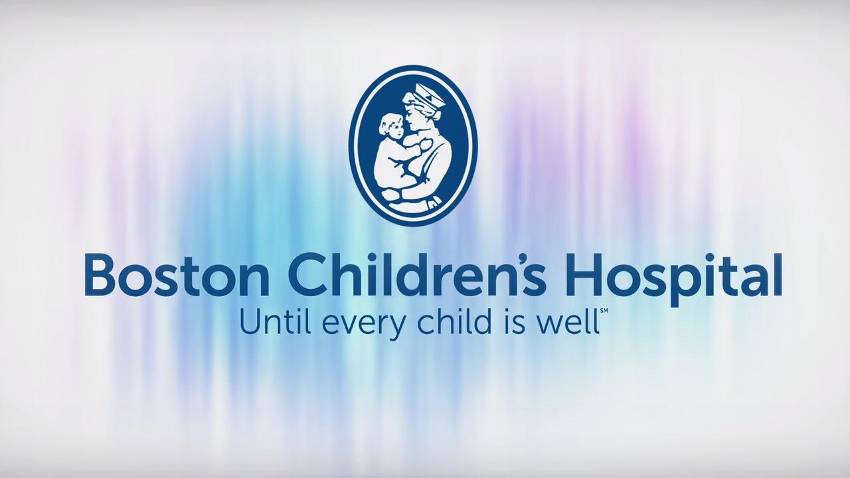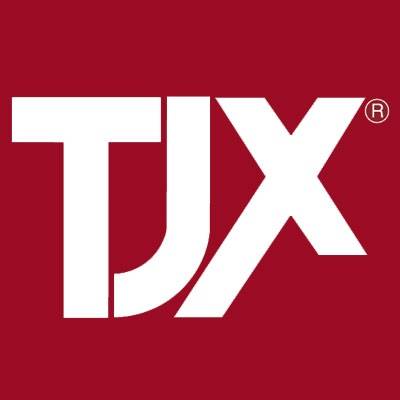
Have you ever experienced getting a virus on your computer or maybe your social media account was hacked? Remember how worrisome and inconvenient it was to be put in a situation like that? If this was on a grander scale such as with a business it can be a serious situation that’s very problematic and can even create chaos within a system. Any private data such as names, social security numbers, contacts, passwords, demographics, and or employment information may be at risk.
Reportedly, ransomware incidences increased by 62% with over $16.8M in losses in 2021 compared to 2020. With more cyber attacks occurring every year, it is advised to take necessary precautions to protect yourself from such attacks. Additionally, if a business or organization was to ever become a victim of a cyber attack it is recommended to seek help from a digital forensic investigator to determine what information could’ve been compromised.
With that said, here are the top 5 ransomware and cyber attack’s that have occurred throughout the years in Boston, MA.
Boston Children’s Hospital

The Boston Children’s Hospital is no stranger to cyberattacks. In April 2014, an activist hacked and installed malicious software onto 40,000 networks. The man was able to disrupt the hospital’s system and fundraising portal for two weeks costing the hospital $300,000 damages and additional $300,000 in potential loss of donations. The ransomware attacked was conducted to demand a change in the way a teenage patient was being treated as the hospital actions subjected a custody battle between the child’s parents and the state.
In a most recent incident on August 2021, three hackers took part of a thwarted ransomware attack on the Boston Children’s Hospital, as well as other healthcare facilities or organizations.
The same hackers were known for exploiting Microsoft Exchange and Fortinet vulnerabilities to extract important information and perform ransomware attacks to demand money from their victims.
Regarding the August attack, the FBI was tipped by an intelligence partner indicating that there were signs of malicious digital activity targeting the hospital. Due to a quick federal response the attack was resolved effectively, helping the hospital identify and mitigate the threat in a 10-day period.
If the situation were not handled correctly it would have made a big impact as many children depend on the care given by the hospital.
Boston Public Library

On August 2021, the Boston Public Library experienced a system-wide technical outage that affected computers, printers, and online resources. The affected systems were taken offline immediately after the cyber attack was discovered.
The library was able to properly isolate the problem and shutdown network communication with the help of their IT department and law enforcement. Although they may have lost some data permanently, no evidence showed that sensitive data regarding employee or patron was disclosed.
Campbell Conroy & O’Neil P.C

On February 2021, Campbell found unusual activity on its network due to the presence of a ransomware that denied access to specific files on their system. In response, Campbell alerted the FBI of the incident and contacted a digital forensic incident response team to find out how the hack was conducted, what information was impacted, and to whom the information relates.
Although they did not name the attacker responsible, they revealed that a big sum of personal information, such as names and Social Security numbers, was potentially exposed. Campbell offered those affected a free two-year access to financial fraud and identity theft counteractive services.
Boston University

On August 2020, Boston University sent out an email notifying students and the community about a data breach that had gone undetected since May. In addition, a ransomware phishing email attack was directly linked to the compromised devices. The message informed the affected users that their files had been encrypted. The hacker also claimed that he collected information about their habits, website searches, text messages, and more; meanwhile having access to their microphones and cameras.
Whether the hacker’s claims were true or not, many members in the university community were uneasy from the situation. The message demanded individuals to pay a consulting fee of $1650 in Bitcoin to delete the collected media content.
Meanwhile, the IT Help Center of the university was able to quickly patch and prevent further spread of the infection throughout their systems. They also pointed out how people can avoid falling for the scam and what actions to take if they suspect a virus.
TJX Companies, Inc.

TJX Companies is the Boston-based parent company of TJ Maxx, Marshalls, and Boston Market. The TJX incident was probably the biggest consumer data breach in the history of the United States.
Hackers had gained access to the TJX’s network in 2005, but the hack wasn’t discovered until 2007. The hackers were able to gain access through WiFi connection at one of the company’s retail stores, eventually installing a malicious program that recorded sensitive cardholder data.
An estimate of 94 million records was breached over the course of 18 months. The goal of the hacker was to earn $15 million. In addition to recovery costs, TJX had to eventually pay $9.7 million in settlements to 41 states for their lack of security over customer information.
How to Handle A Ransomware Attack

Cyber attacks are a rising issue as more people are relying on the digital space. The increasing implementations of remote working, cloud adoption, and rapid digitization has made businesses or organizations more susceptible to cyber attacks and ransomware.
A ransomware attack can be expensive for any business or organization. They can cause major issues such as losses or shutdowns. Ransomware attacks use stolen sensitive information to pressure businesses or organizations into paying ransom by threatening to release or delete it if the ransom is not paid.
Most often times, paying a ransom is not the best option to go with. This is because it does not guarantee that attackers will return the information or that they won’t release the data online. Additionally, paying the ransom may encourage attackers to commit a second attack on you later on, marking you as a prospective prey.
One of the first steps one should take when having detected a ransomware is to contact TechFusion for it’s cyber security services. With over 30 years experience in the digital forensics industry, TechFusion has helped many individuals, businesses, law firms, and organizations with analyzing and detecting cyber attack threats.
Reach out to Techfusion today to learn more about how our Boston digital forensic investigators can assist you with our ransomware recovery services.
Our Offices In Boston, MA
286 Commonwealth Ave., Suite 2, Boston, MA, 02115
Phone: 617-380-4970
Secondary phone: 617-491-1001